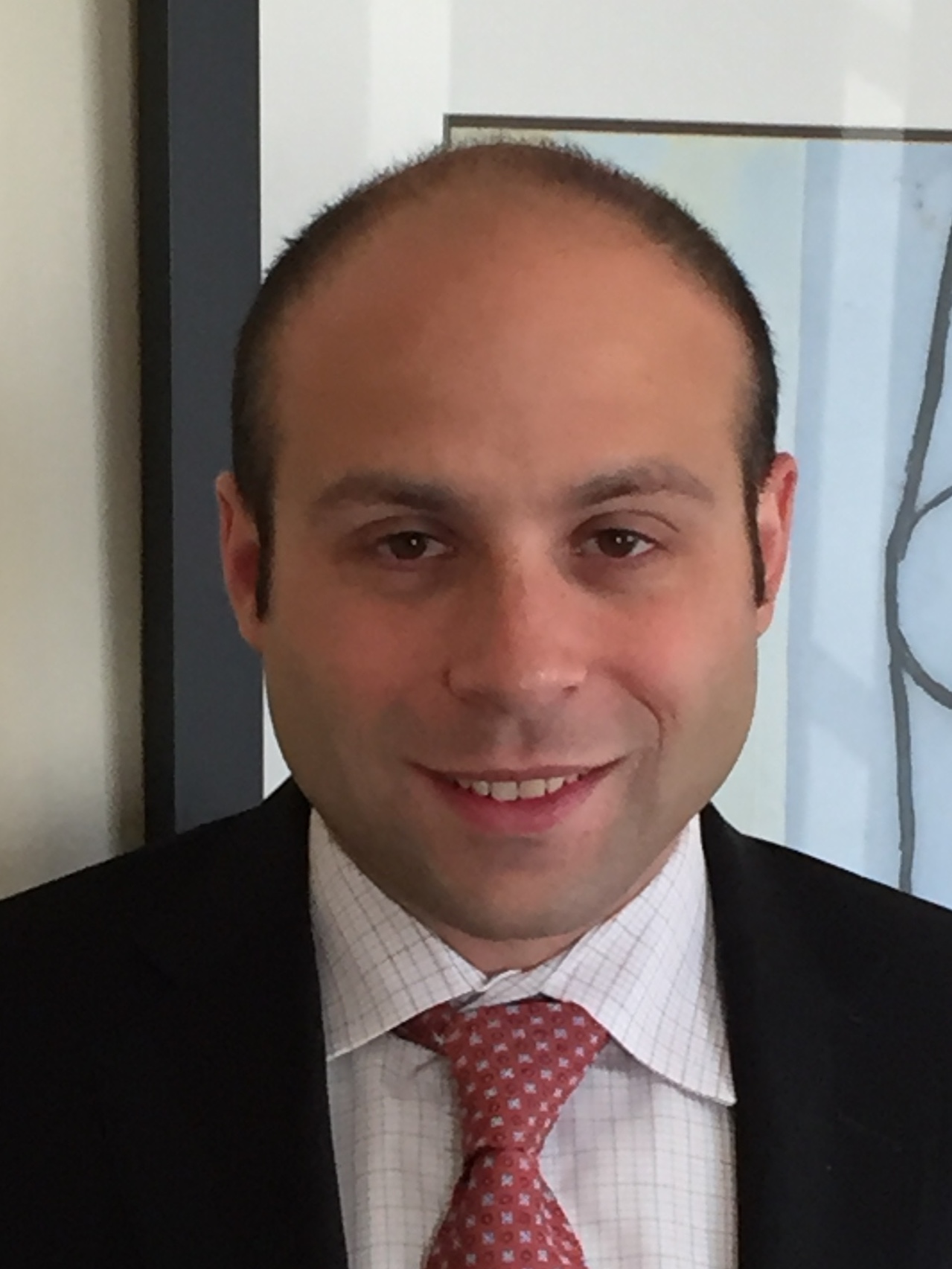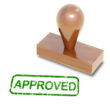Winning Social Security Disability: Don’t be a Victim
February 11, 2020
Insight from Nash Attorney Dan Rosen
 There’s an erroneous stereotype that disability recipients don’t want to work—that they are just not trying hard enough to get better and they too easily play the “victim card”. However, at Nash Disability Law, after representing thousands of disability claimants, we know that the reality is very different. It is our experience that most disabled people would much prefer to find a well-paying job, meaningful work, and a promising career. Unfortunately, too many disability claimants do not communicate that aspiration in their appeal hearings.
There’s an erroneous stereotype that disability recipients don’t want to work—that they are just not trying hard enough to get better and they too easily play the “victim card”. However, at Nash Disability Law, after representing thousands of disability claimants, we know that the reality is very different. It is our experience that most disabled people would much prefer to find a well-paying job, meaningful work, and a promising career. Unfortunately, too many disability claimants do not communicate that aspiration in their appeal hearings.
We cannot overstress the importance of an appeal hearing. In Illinois, nearly two-thirds of initial applications for Social Security disability benefits are denied. If you are disabled and unable to work, but your application for disability benefits is turned down twice, you have the right to an appeal hearing in front of a Social Security Administrative Administrative Law Judge (ALJ). This is your best opportunity to present your case, because you get to do it in person.
ALJs are, of course, people and they want to feel good about their decisions. While the law plays a pivotal role in deciding disability cases, there is also a human factor. The ALJs are trying to get a picture of who you are as a whole person. If you don’t come across as defining yourself as a disabled person, you may be more likely to get the benefit of the doubt from the judge and have a positive outcome.
Our advice to our clients is always to tell the truth during an appeal hearing, but tell the whole truth. In addition to knowing how your medical impairments affect you, the judge will want to know what you are doing to try to get better and what your hopes are for the future. Too often claimants leave out these details because they believe it will hurt their case, when oftentimes the opposite is true. I had one judge who always asked disability claimants: “What are your plans for the future?” Judges see thousands of cases a year; those who come across as fighters tend to persuade the ALJ the most.
This is one reason why we meet with our clients in advance of the hearing date — to get the best understanding of your whole story. We will help you focus on the important aspects of how your impairment affects your functioning. We will go over all steps you have taken to improve your condition and stress the differences in your ability to function before and you became unable to work.
Medical evidence and your doctor’s opinion can be crucial to winning disability cases. However, the takeaway is that the human factor may be just as important. For that reason, you should approach your hearing with a clear message of the ways you have attempted to restore your ability to work, and your desire to continue to work in the future if at all possible.


